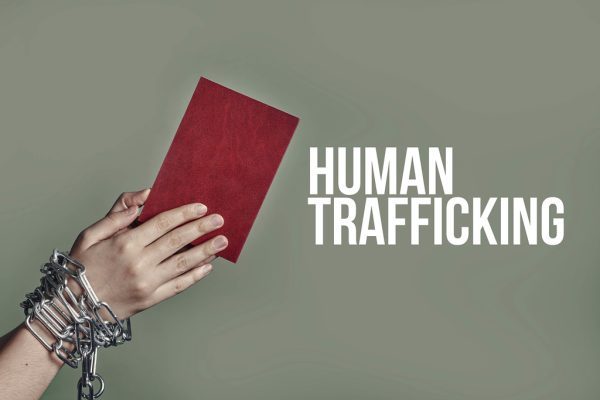
The Dominican Republic has a “very serious” problem of human trafficking due to the lack of public policies, the alleged complicity of some authorities and the high degree of impunity for this crime, according to the study, “Human Trafficking in the Dominican Republic,” presented by Participación Ciudadana civic watchdog group on Wednesday, 19 January 2022.
Participación Ciudadana (PC) is the Dominican chapter of Transparency International. For the study, the people trafficking situation was investigated in eleven municipalities.
The study seeks to create awareness among members of civil society organizations, authorities, and citizens about human trafficking. It proposes effective ways to combat human trafficking within regulatory bodies and law enforcement agencies.
In a press release, the civic movement points out that human trafficking has been present in the DR since before the Covid-19 pandemic. Nevertheless, it highlights that the pandemic increased the vulnerability of some people, mainly women and girls, due to the further limiting of access to public services, loss of work and/or reduction of working hours, which in one way or another affected the economic income of Dominican families.
Leidy Blanco García, general coordinator of Citizen Participation, states: “Human trafficking is an issue that reveals a harsh reality, a problem that is closely linked to poverty, the commodification of human beings, discrimination, inequality, marginalization, violence and corruption.”
The study points to a serious incidence of commercial sexual exploitation especially in tourist destinations.
There is a strong concentration in the recruitment of children and adolescents as victims of commercial sexual exploitation in Boca Chica, said anthropologist Tahira Vargas, a research team member.
Among the victims of trafficking there are Dominicans and also immigrants, in this case Haitians, Venezuelans, Colombians and Ecuadorians.
In addition to commercial sexual exploitation, the victims are subject to forced labor, servile marriage, forced begging and domestic servitude.
The study identifies dozens of cases of the trafficking of Dominican women to Costa Rica, Spain and Switzerland.
The victims are usually young women ages 13 and 35 years old, but most are teenagers. Vargas said that most are poor and come from families marked by violence and low educational levels.
The research suggests that some families in conditions of poverty and extreme poverty offer their sons and daughters to the sex trade, turning them into victims of human trafficking. The parents take part in the recruitment channels.
The study reveals that the Dominican Republic is perceived as a sex tourism destination.
“We have sold our country as a place where it is easy to get sexual services, so trafficking many times is connected to tourism,” Vargas said.
In tourist areas, there are “foreigners who capture minors to turn them into victims of trafficking”, people who belong to structured networks such as those of drug trafficking, and even tour operators are part of this system, Vargas said.
According to the study, the lack of statistical records and the complicity between traffickers and authorities generates a high degree of impunity and even normalization of the phenomenon.
In the country, there is no protocol for identifying cases of trafficking. PC believes there is a lack of involvement of the ministries of Education and Health in the detection of cases and a lack of awareness and prevention actions.
Read more in Spanish:
Participacion Ciudadana
N Digital
Noticias SIN
20 January 2022

